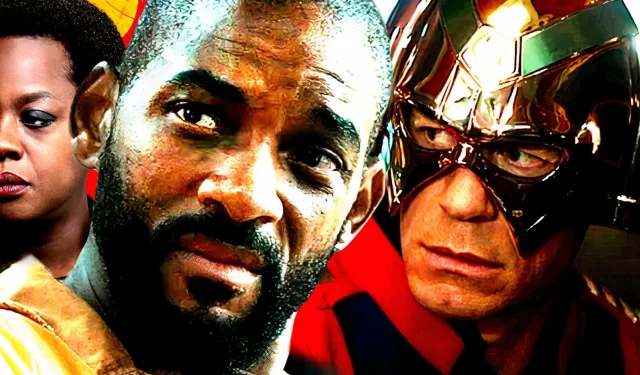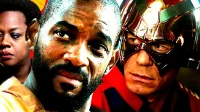The Shift from *Suicide Squad* Sequel to *The Suicide Squad*: Insights from Writer Gavin O’Connor
In a revealing interview, writer Gavin O’Connor discusses the creative shifts that led to the transition from a direct sequel to David Ayer’s *Suicide Squad* to James Gunn’s reimagined version, *The Suicide Squad*. Despite the first installment’s introduction of beloved characters like Margot Robbie’s Harley Quinn and Viola Davis’ Amanda Waller, the film faced harsh criticism from audiences and critics alike. Five years later, Gunn’s approach saw a significant tonal shift, largely disregarding the events of the original movie.
Gavin O’Connor’s Original Vision for *Suicide Squad 2*
In his conversation with Collider, O’Connor revealed the motivations behind his departure from the sequel project. He crafted a narrative focused on a “father-daughter story”centered around Deadshot and his daughter. However, his progress was disrupted when new leadership within DC expressed a desire for a dramatic overhaul of his concept, steering it towards a comedic tone.
The Unraveling of O’Connor’s Project
As O’Connor delved into the development of his script, he reached a pivotal moment three-quarters of the way through. The new president of DC, fresh to the role, approached him directly with the intention of reading his work. O’Connor’s shock came when he was asked to pivot his story into a comedy, a significant departure from what he had envisioned and initially agreed upon with the studio.
“It’s another example of the dysfunction of our industry. I had a very specific take. They wanted to do it. I think I was probably three-quarters of the way into the script when they brought in a new regime and all the DC people I was working with were gone. I was writing on the lot, I got a little bungalow there; my writing partner and I would just meet there and write every day. There was a knock on the door, and it was the new DC president. He said, ‘So where are you with the script?’ I said ‘It’s almost done,’ and he said ‘Can I read it?’ And I said, ‘Well, you can read it when it’s finished.’ A couple of weeks later, I gave it to him, and he said ‘Can you make it a comedy?’ And I said, ‘That’s not what I wrote, and that’s not the agreement I have with the studio.’ He wanted me to make it into a comedy, and I was like, all right, I guess I won’t be working here.”
“It was really a father-daughter story with Deadshot and his daughter.”
Conclusion: The Future of DC’s Cinematic Universe
O’Connor’s departure highlights the complexities and challenges faced by creators within the evolving landscape of the DC Extended Universe. As James Gunn takes the helm, the focus appears to be on redefining established characters within a fresh context. Fans remain curious about how these changes will impact future storytelling and character development within the franchise.
For more on this ongoing discussion about the evolution of DC films, visit Collider.


